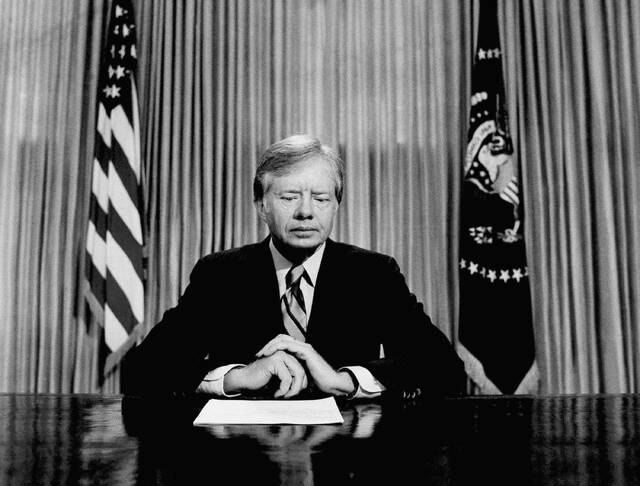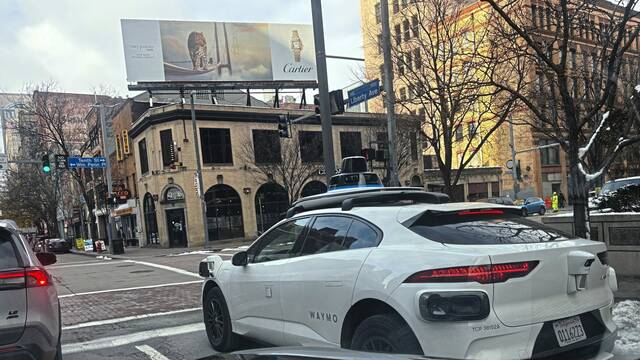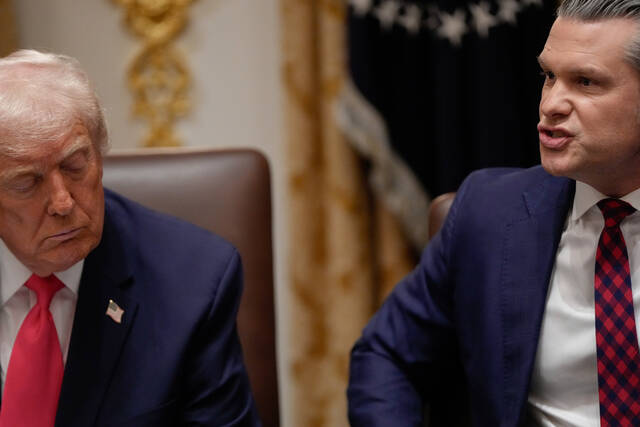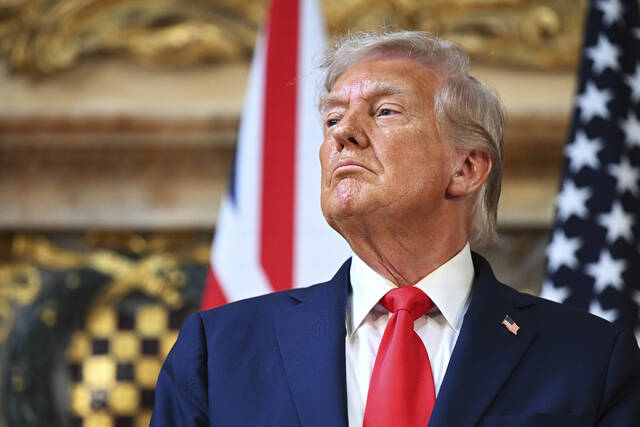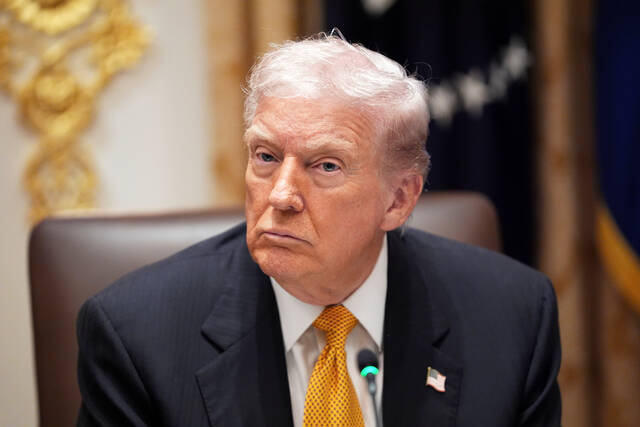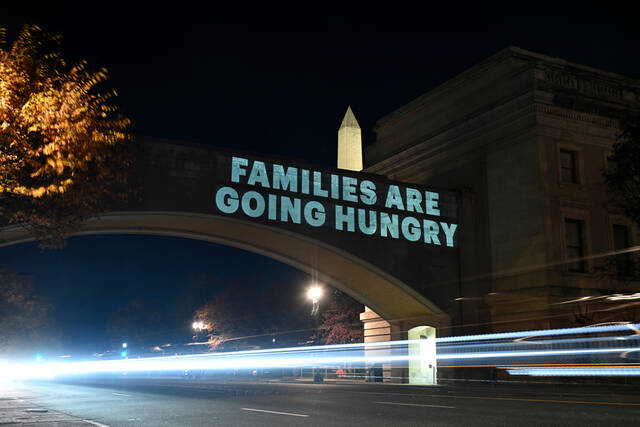The truth was center stage at two very different public events last week. One was an announcement by Mark Zuckerberg’s social media empire, and the other was the funeral of President Jimmy Carter. Together they showed us two distinct views of the value of truth in our lives.
Zuckerberg is the chief executive of Meta, which owns Facebook, Instagram and WhatsApp — social media platforms that have been accused of allowing hate speech and lies to be spread without regard to the obvious harm to individuals and society. After the 2016 election of Donald Trump, Zuckerberg was pressured to start using third-party fact-checkers to weed out untruths.
Last week, that program was abruptly stopped. Zuckerberg now blames the fact-checkers for destroying “more trust than they created.” And he wants the users of those social media platforms to regulate themselves, with truth-tellers and liars battling away in the public arena.
This is more a surrender than the reform that Zuckerberg is selling. Trump responded to the change by saying Meta had “come a long way” but added that it was “probably” because of threats he made against Zuckerberg about future regulation.
At the very least, the announcement is official confirmation that Zuckerberg has thrown in the towel and stopped pretending that these sites can be trusted. You can stay in touch with friends and family, even weigh some competing opinions — but that’s it.
In harsher times, Hannah Arendt wrote that “people for whom the distinction between fact and fiction, true and false, no longer exists” are the ideal subjects for totalitarian rule. Now, anyone who wants to use social media to blur the lines of truth has been green-lighted.
There was a different view of the truth for those watching Carter’s funeral. Grandson Jason Carter, who runs the Carter Center, said his grandfather “had the courage and strength to stick to his principles even when they were politically unpopular.”
In 1977, in the midst of an energy crisis that he called “the moral equivalent of war,” Carter addressed the nation in a cardigan sweater and told Americans they should turn down their home thermostats to a chilly 65 degrees. He also endorsed a national speed limit of 55 mph.
In a 1979 address, he said our national problems were the result of a “crisis of confidence” that “strikes at the very heart and soul of our national will” and is “threatening to destroy the social and political fabric of the nation.”
It was heartfelt and honest talk, but it was tough talk and risky. While it was well received initially, Ronald Reagan called it a sign of weakness and used it against him in his victory over Carter.
But Carter had no other option, according to President Gerald Ford, who had written a eulogy before his own death that was given by his son Steven: “For Jimmy Carter, honesty was not an aspirational goal — it was part of his soul.”
Carter’s vice president, Walter Mondale, who died in 2021, also wrote a eulogy for Carter before his own death that was read by his son Ted Mondale. Maybe it was a simpler time in politics, maybe Carter was an uncommonly simple man. But Mondale, from beyond the grave, had the last word on Jimmy Carter’s values.
“We told the truth. We obeyed the law. And we kept the peace.”


